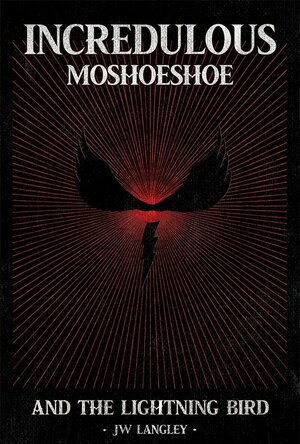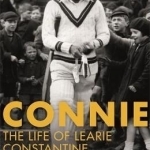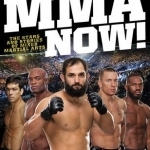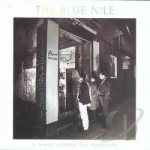Search

Incredulous Moshoeshoe and the Lightning Bird
Book
Nelson Mandela is about to die. Again. Leftist militants and white nationalists prepare for war...
horror urban fantasy thriller bookbuzz gothic
Kristy H (1252 KP) rated The Outcast Dead (Ruth Galloway, #6) in Books
Feb 8, 2018
Ruth Galloway is busy on yet another dig - this time digging up bones of what may be the famous murderess "Mother Hook," known for caring for children and then perhaps killing them. (And oh yes, for the hook she had on her hand.) Meanwhile, Nelson is busy on a case of a woman who has lost her third child, a young baby, to what looks like SIDS, or is it? And in the shadows, lurks someone who is taking children from their parents - a sinister force calling themselves "The Childminder."
If it sounds like there's a lot going on, there is. And yet, the plot in this one is a little thinner than in a typical Ruth Galloway book, hence the 3 (3.5) star rating. Still, it's pretty much impossible not to enjoy a Ruth Galloway novel. She's a dear friend by now - I love her slightly sarcastic personality and way of presenting her life. There are always moments when I laugh out loud. In this novel, we find Ruth asked to appear on a TV program about murder and archaeology (they are doing a show on "Mother Hook"), which certainly takes Ruth out of her comfort zone, and also introduces us to some new characters, including the American actor, Frank, who seems keen on Ruth.
Some of the zig zagging cases are a little crazy, and "The Childminder" line ties itself up very quickly and neatly by the end, but it's still an interesting read from a mystery perspective. The introduction of Frank adds some tension to Ruth and Nelson's drama, as well. Further, the book has some good insights on childcare in the modern day - working motherhood and the like. I find myself identifying with Ruth in a multitude of ways, and she just remains a likable character who can carry a book, no matter the plot. To date, any Ruth Galloway book is worth a read.
If it sounds like there's a lot going on, there is. And yet, the plot in this one is a little thinner than in a typical Ruth Galloway book, hence the 3 (3.5) star rating. Still, it's pretty much impossible not to enjoy a Ruth Galloway novel. She's a dear friend by now - I love her slightly sarcastic personality and way of presenting her life. There are always moments when I laugh out loud. In this novel, we find Ruth asked to appear on a TV program about murder and archaeology (they are doing a show on "Mother Hook"), which certainly takes Ruth out of her comfort zone, and also introduces us to some new characters, including the American actor, Frank, who seems keen on Ruth.
Some of the zig zagging cases are a little crazy, and "The Childminder" line ties itself up very quickly and neatly by the end, but it's still an interesting read from a mystery perspective. The introduction of Frank adds some tension to Ruth and Nelson's drama, as well. Further, the book has some good insights on childcare in the modern day - working motherhood and the like. I find myself identifying with Ruth in a multitude of ways, and she just remains a likable character who can carry a book, no matter the plot. To date, any Ruth Galloway book is worth a read.

Connie: The Life of Learie Constantine
Book
His father was a first-class cricketer, his grandfather was a slave. Born in rural Trinidad in 1901,...

MMA Now!: The Stars and Stories of Mixed Martial Arts
Brian Sobie and Adam Elliott Segal
Book
Pound for pound, the most revealing book on the sport today. Mixed Martial Arts (MMA) is one of the...

